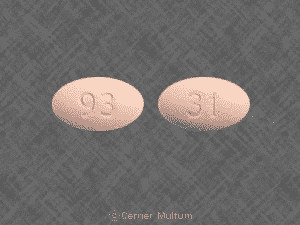One of the top questions people have is what oxycodone looks like. Below is a rundown of a pill identifier with pictures of oxycodone.
Oxycodoneis a prescription opioid painkiller that unfortunately is often abused. One of the top questions people have about this drug is what oxycodone looks like. Below is a rundown of an oxycodone pill identifier with pictures of various types, colors, and dosages.
Pill Identifier Pictures of Oxycodone






The following is a brief rundown of these images, all of which are from everydayhealth.com:
The first picture is of a 5-mg oxycodone tablet with the brand name ofRoxicodone. As you can see it’s small, white and round. The next image is of a 10-mg oxycodone tablet, which is white and oval. There is also a 20-mg oxycodone tablet shown, which is pink and oval, and a 40-mg oxycodone tablet which is yellow and oval. The green tablet is an 80-mg oxycodone tablet and it’s oval with a film coating. The last image is another version of 10-mg oxycodone, which is white and round. Keep in mind that there are many other versions of oxycodone besides those shown here. There are some versions of oxycodone that are in capsule form which may be colored, such as brown/orange, and different imprints may be stamped on them. Oxycodone can also come in a liquid formulation.
The Importance of Identifying Oxycodone Pills
As you can see from this pill identifier with pictures of oxycodone, each is unique and different from the others. There are many different types of oxycodone since it is a generic ingredient that can be prescribed on its own to treat pain, or it can be combined with other active ingredients. There are immediate-release and extended-release versions of oxycodone with many different dose strengths and produced by different manufacturers.
New Year, New Beginnings.
Whether you are struggling with addiction, mental health or both, our expert team is here to guide you every step of the way. Don’t wait— reach out today to take the first step toward taking control of your life.
Many other medicines have different forms as well, not just oxycodone. Since it can be difficult to identify them, it’s very important to make sure you only take drugs that are prescribed to you and you should never take pills bought on the streets. It’s also important to keep all of your medications carefully labeled and organized at home.
If you or a loved one live with addiction or are using drugs recreationally and want to stop, The Recovery Village can help.Reach outto one of our representatives today to learn how you can start on your path to recovery.



